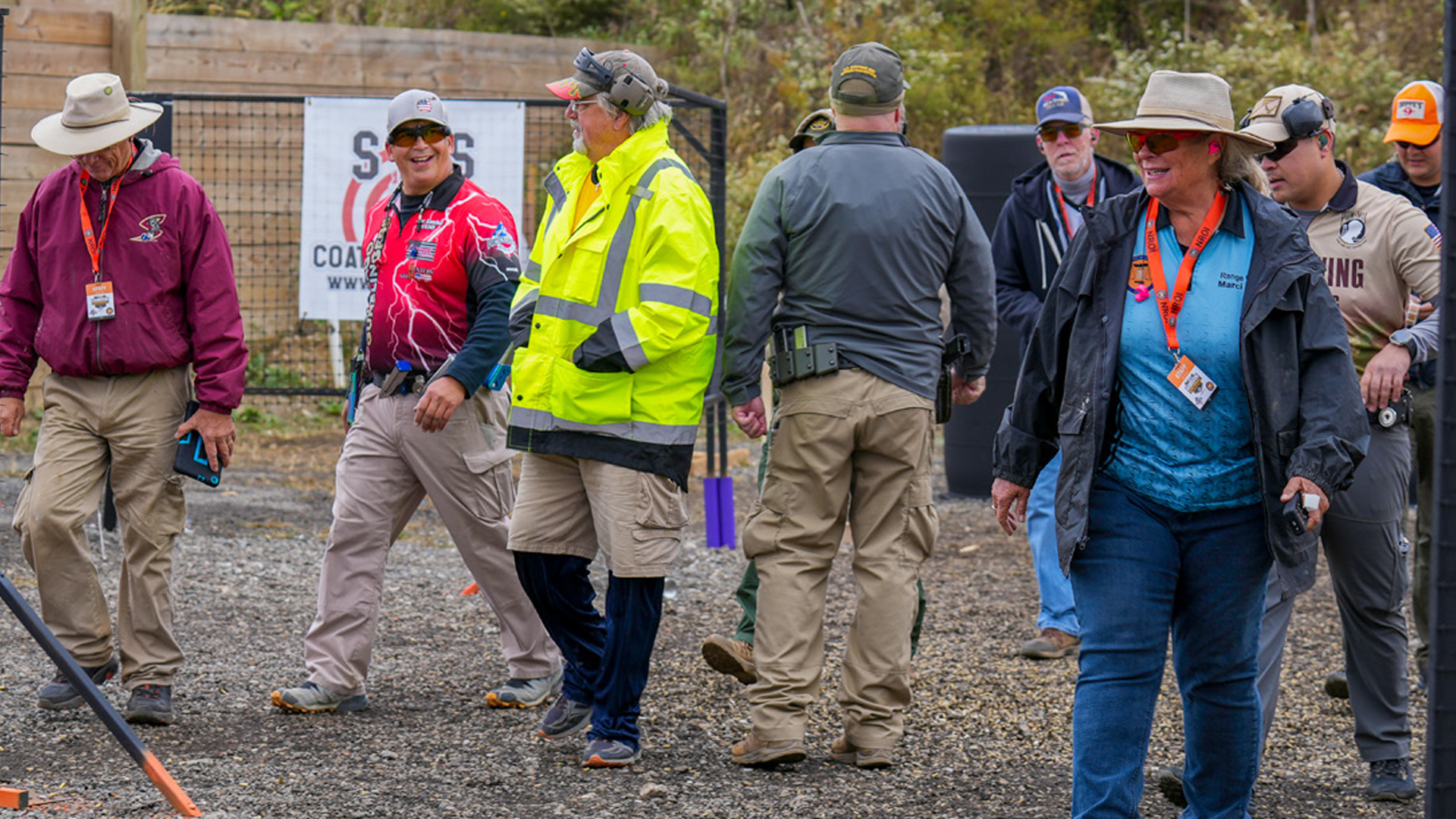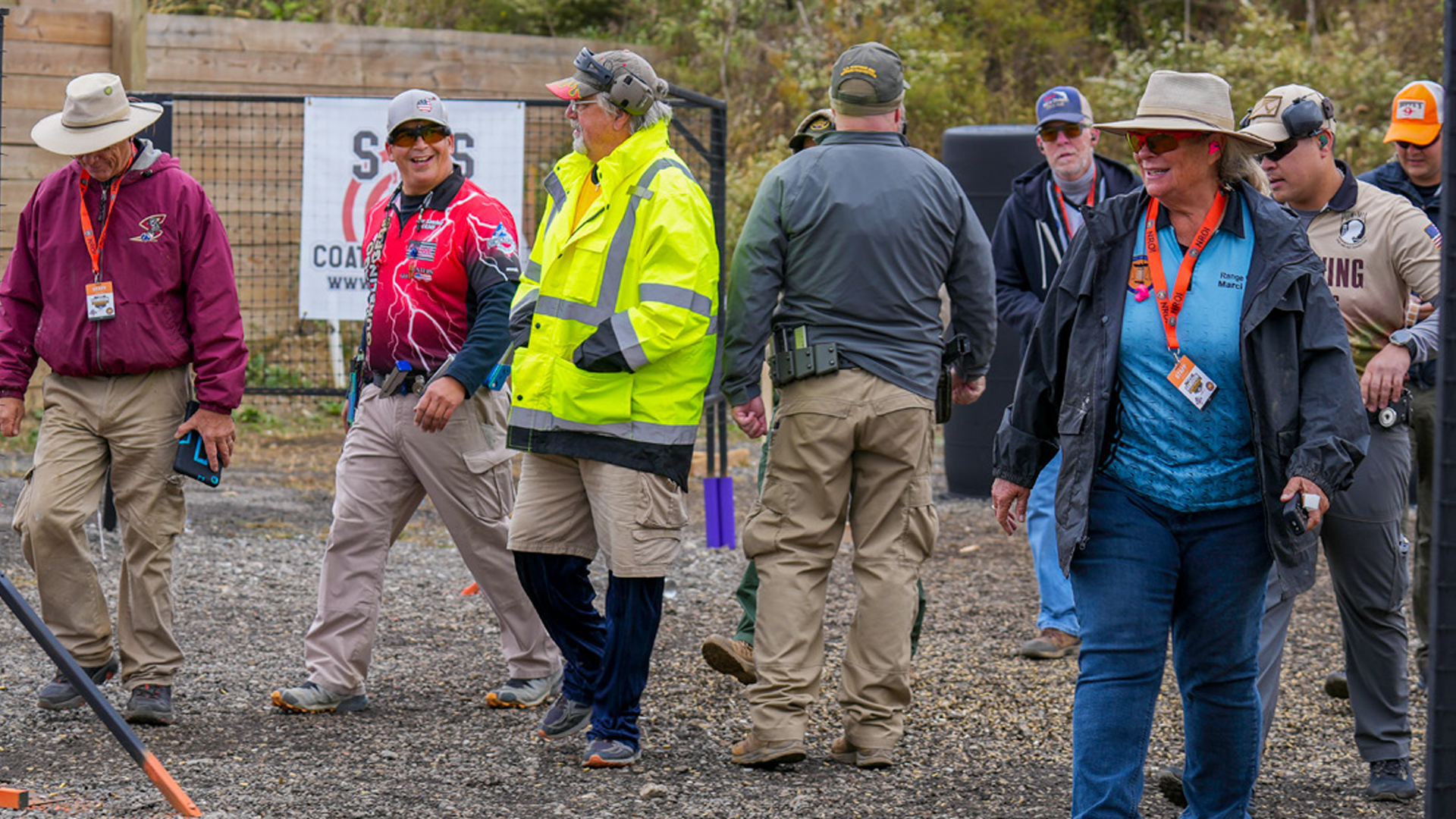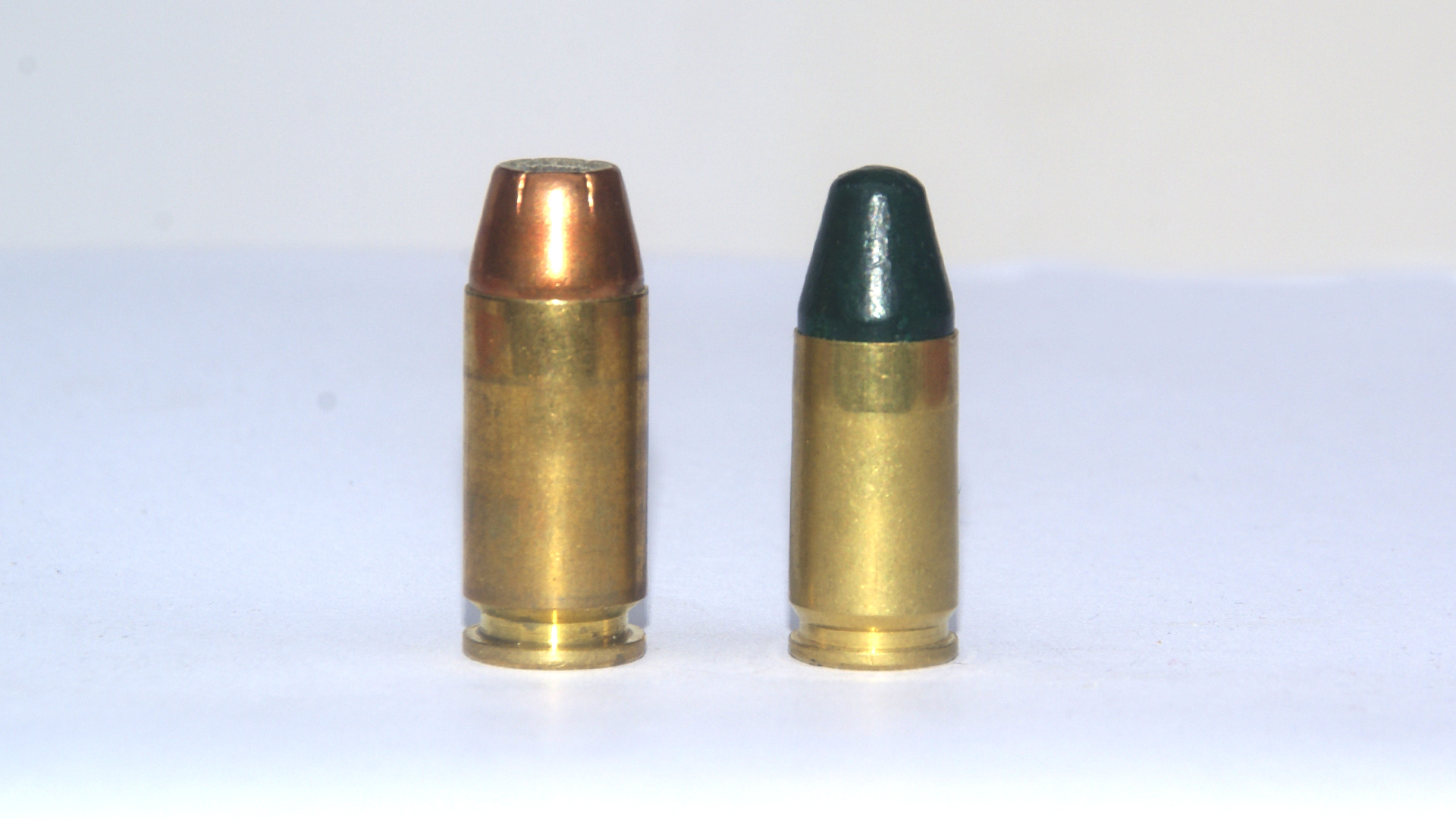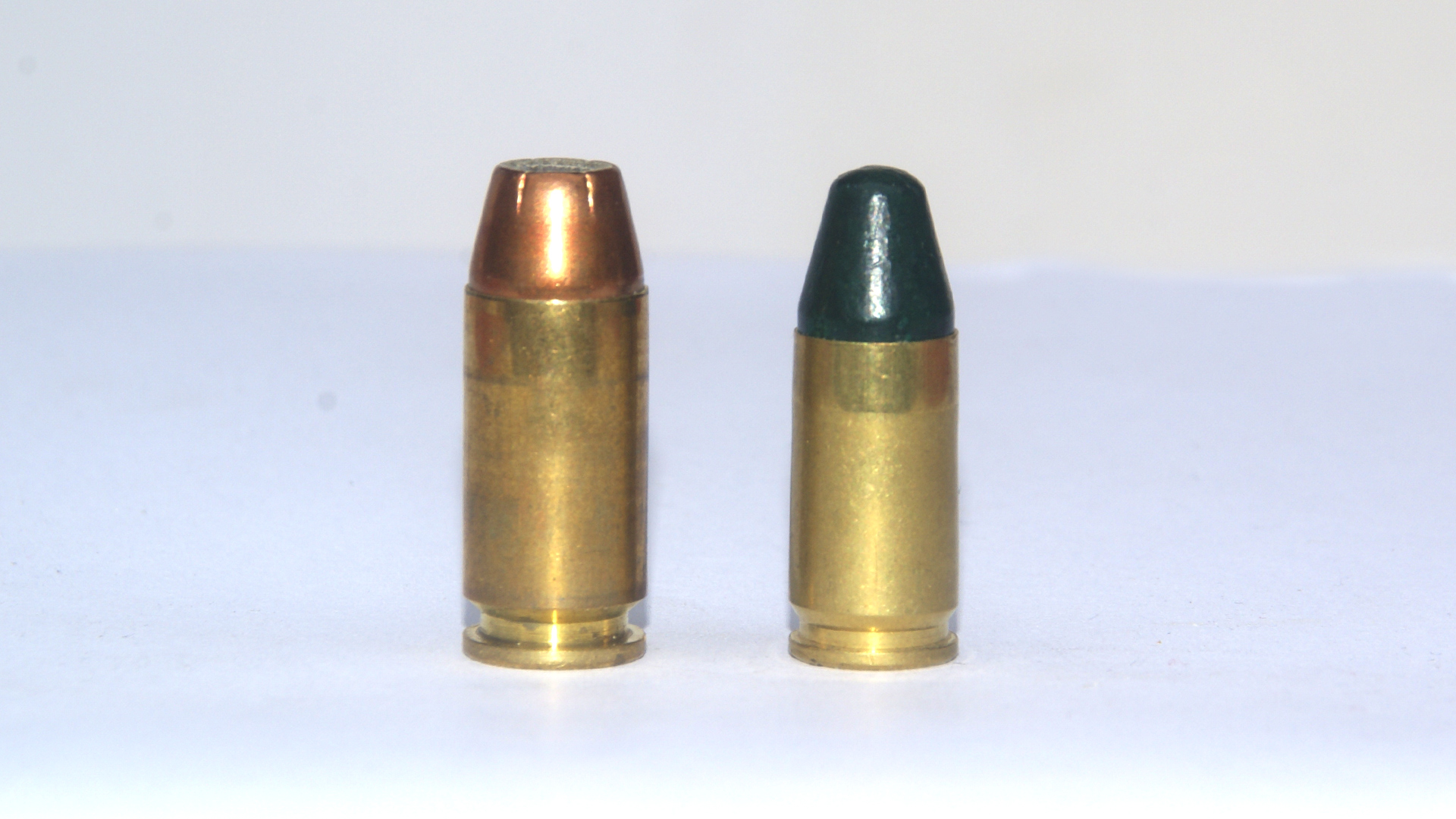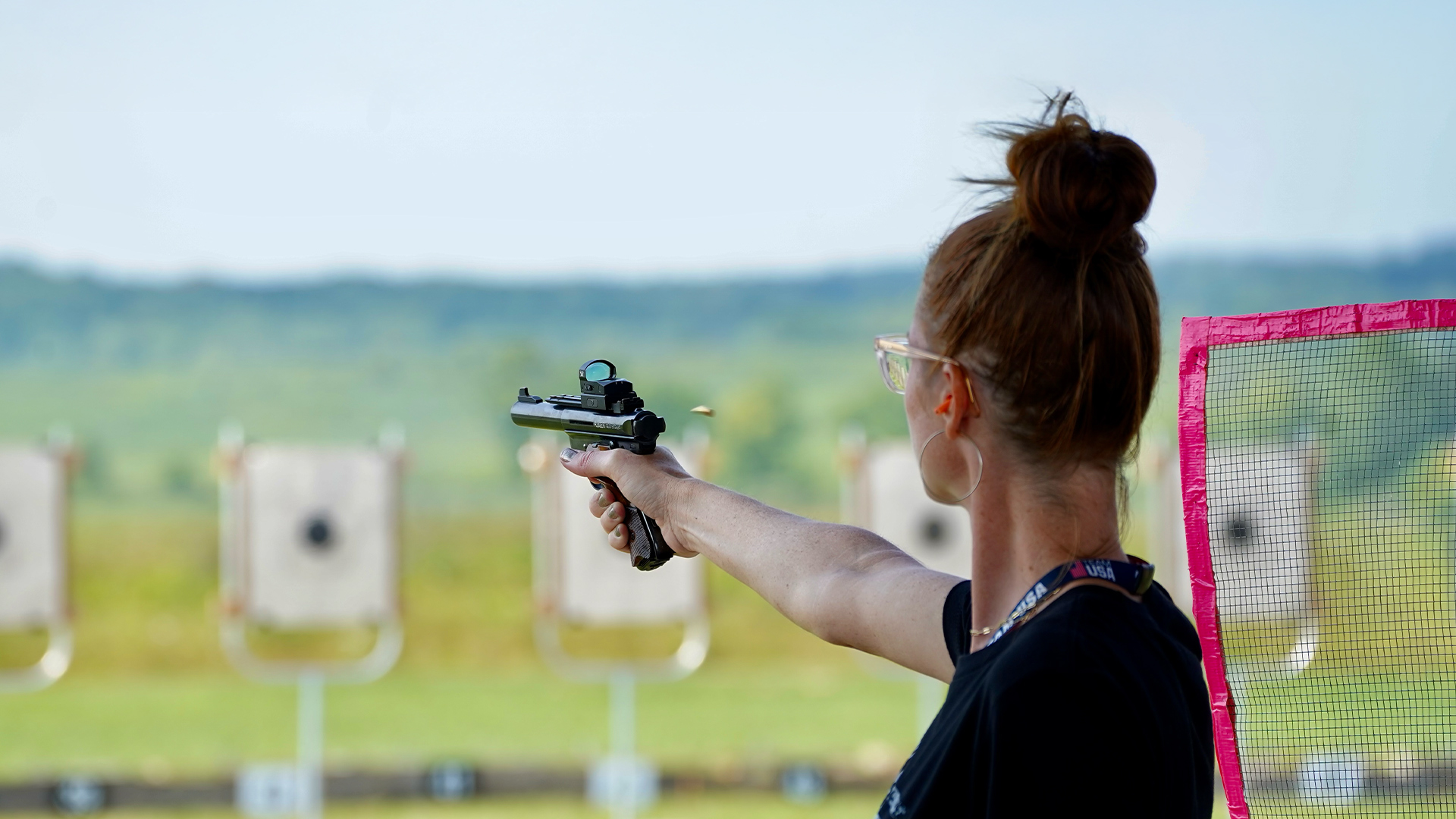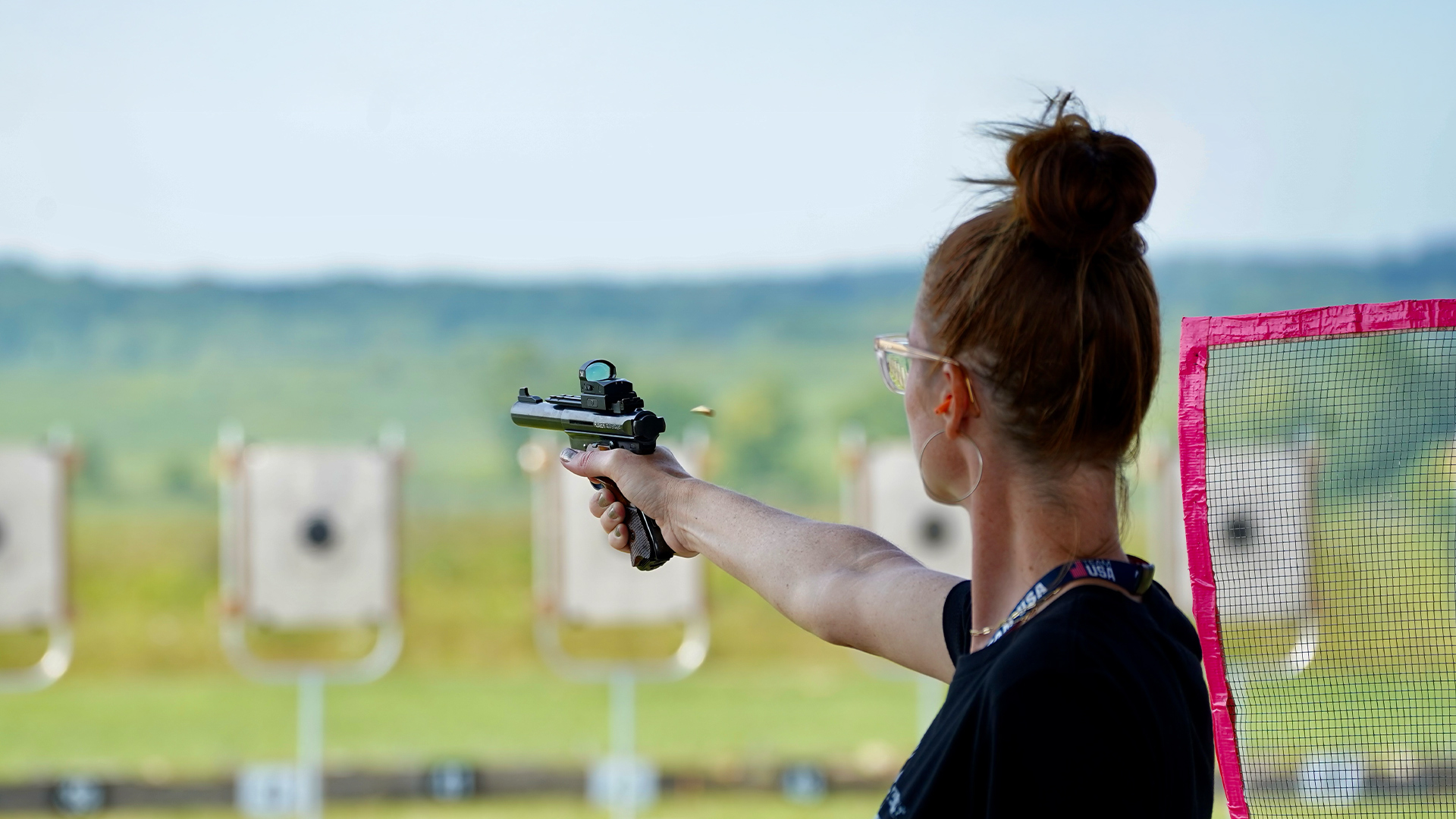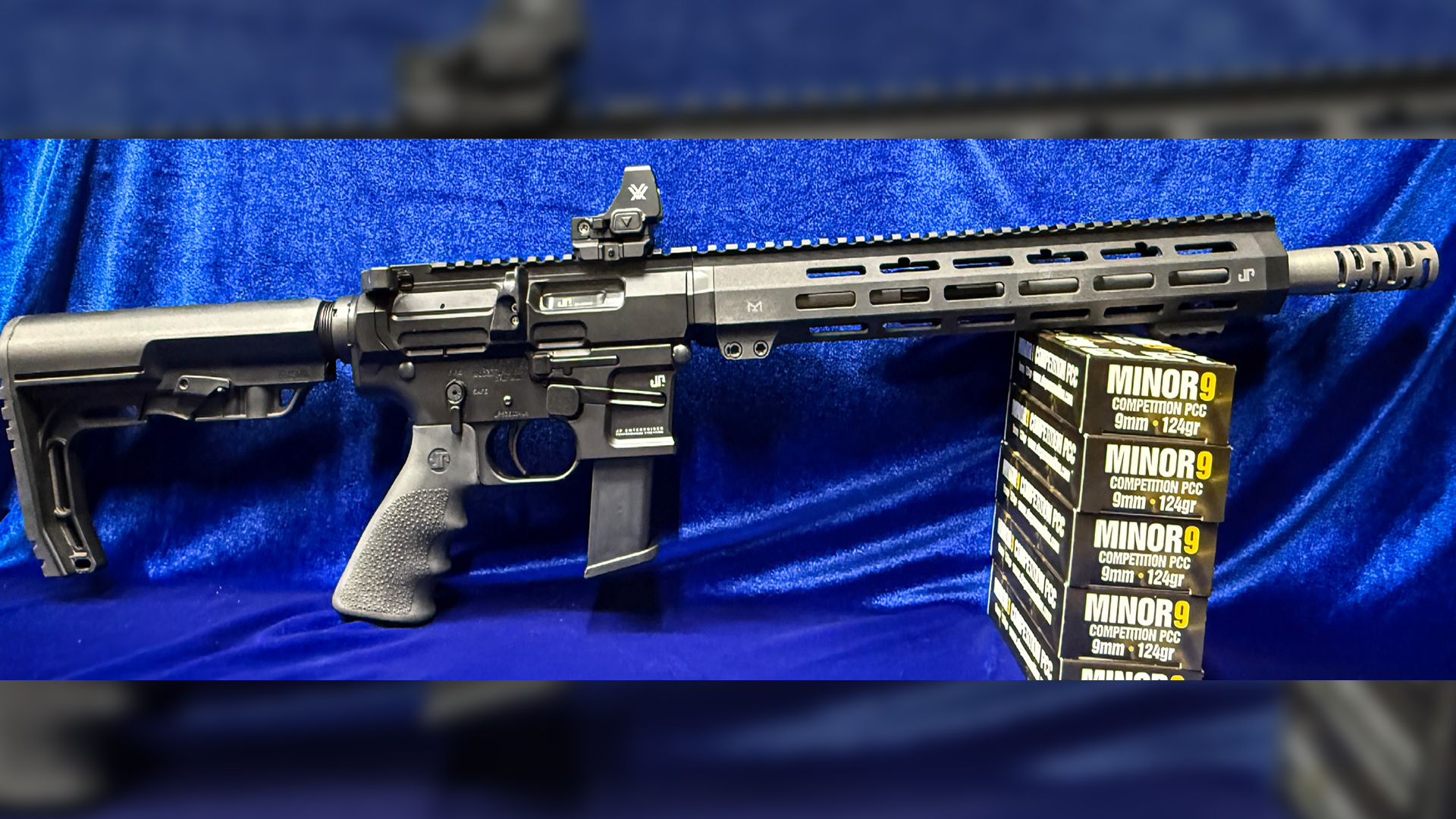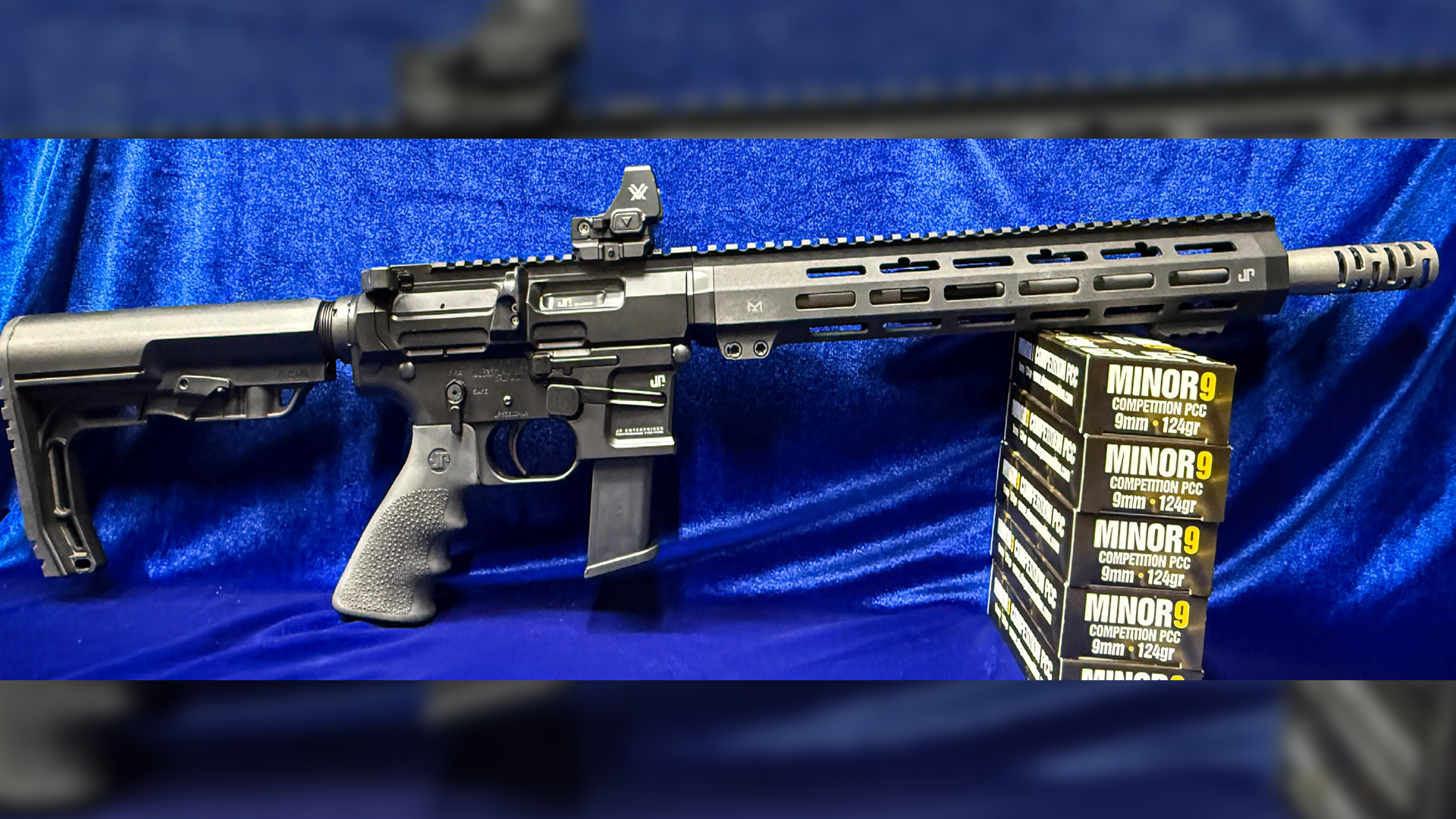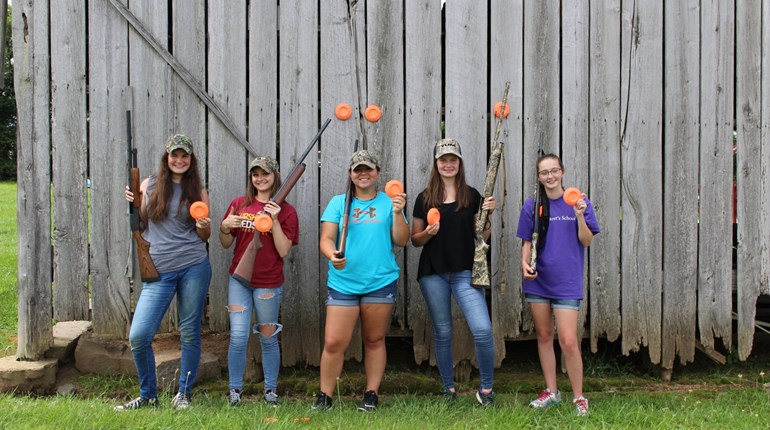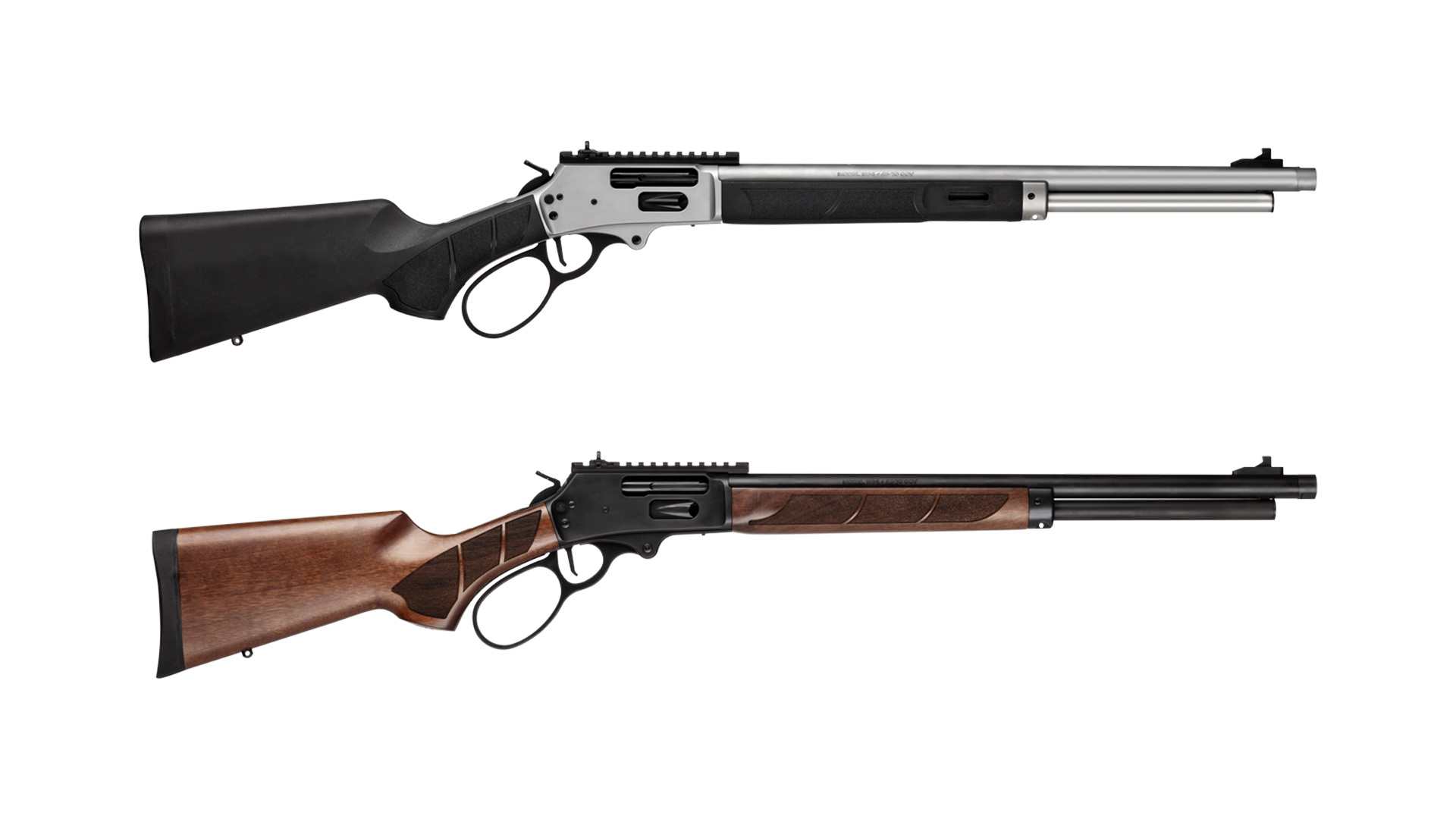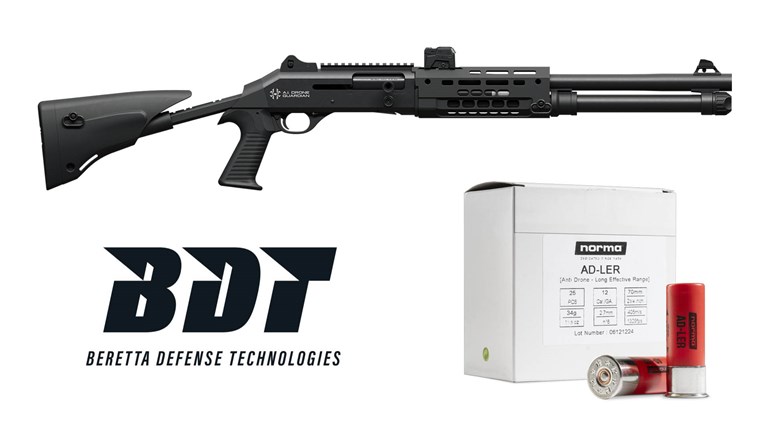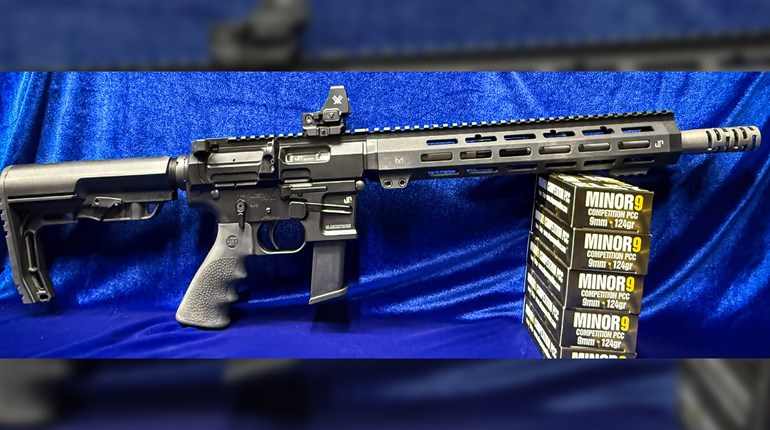
High Power Service Rifle is a special type of sport. It takes a certain type person to enjoy it, but for those who compete, it becomes a fulfilling and rewarding discipline to shoot.
With so many disciplines to choose from, many young shooters gravitate towards smallbore, air rifle, and shotgun sports because of college scholarship opportunities. Though high power does not offer as many college opportunities as junior shooters may like, it’s still an amazing community to be a part of. Connections and friendships made on the range often last for generations.

When I joined the South Cuyahoga Sportsmen’s Association’s (SCSA) junior high power rifle team, I was welcomed with open arms. They provided more support than I ever dreamed was possible. Coaches volunteer their time to teach juniors firearms safety, reload ammunition and secure grants to fund the program. The current generation seeks to pass on their knowledge to the next to keep the sport alive. For example, Eric Eilberg was once a junior member of the SCSA team, and he’s gone on to do great things in the shooting sports. Now, he coaches juniors from the same team.
The high power community is incredibly tight-knit. When you start shooting high power, you join a family—which is what I love the most about it. People who participated years ago return to see how the matches have changed, and to visit friends on commercial row. Others will bring their kids to shoot on the same range they did many years earlier. There is a sense of pride and nostalgia associated with the National Matches and its special place in the high power tradition.
High power is not a sport for the weak. Only lightning or other dangerous conditions result in match cancellations or delays. High power shooters spend all day in the hot sun during the summer months, sweating in a sweatshirt and shooting coat. They lie down in the mud when it is raining and shoot through the snow.
This discipline has a rich history. It appeals to people who have a love of the past and respect for the military. There are vintage matches dedicated to the service rifles used before the AR-15 (civilian version of the M16). Those who want to shoot a larger caliber, such as .30-06 can use an M1 Garand, though most use the AR platform, as it is more accurate and has less recoil. This has made it easier and more enjoyable for many people to shoot high power—specifically women. It has also made the sport more inclusive, as anyone who can safely use the rifle can learn to shoot high power.
High power, like many other shooting sports, challenges the individual. High power specifically subjects individuals to varying conditions including temperature, light and mirage, weather, and wind that make each day on the range different. It teaches shooters to be patient, to be willing to learn, and nurtures an appreciation for military-style firearms.
Education is one feature of high power that sets it apart from other disciplines. There are many misconceptions and false information surrounding this particular rifle that high power shooters learn to respect and use as a tool. Juniors involved in high power learn that AR does not stand for “assault rifle” as some erroneously believe—but for Armalite, the original manufacturer.

It’s possible this negative publicity is what ties the high power community closer together, especially juniors. The friendships made on the firing line often last for generations. This year I had the opportunity to bring younger members of my team to shoot at Camp Perry for the first time. Getting up early and borrowing jackets, bug spray, and sunscreen left on the counter establishes a bond between people. I have come to see Alex Mrosko and George Kerg, two of the juniors from the SCSA team, as my younger brothers. Without high power, I never would have met them or have been able to mentor them as I have. It is fun for me to watch them improve and make strides in the sport. High power is also a good transition into big game hunting as it teaches trigger control and accuracy.
Why do I shoot high power? High power provides me a supportive community and a second family I cannot imagine my life without. It empowers me to follow my dreams, and the discipline I learn in practice and matches carries into my everyday life. Knowing I can succeed at a sport so rooted in tradition and history is a feeling unlike any other.
See the 2019 NRA National High Power Rifle Championships schedule.

